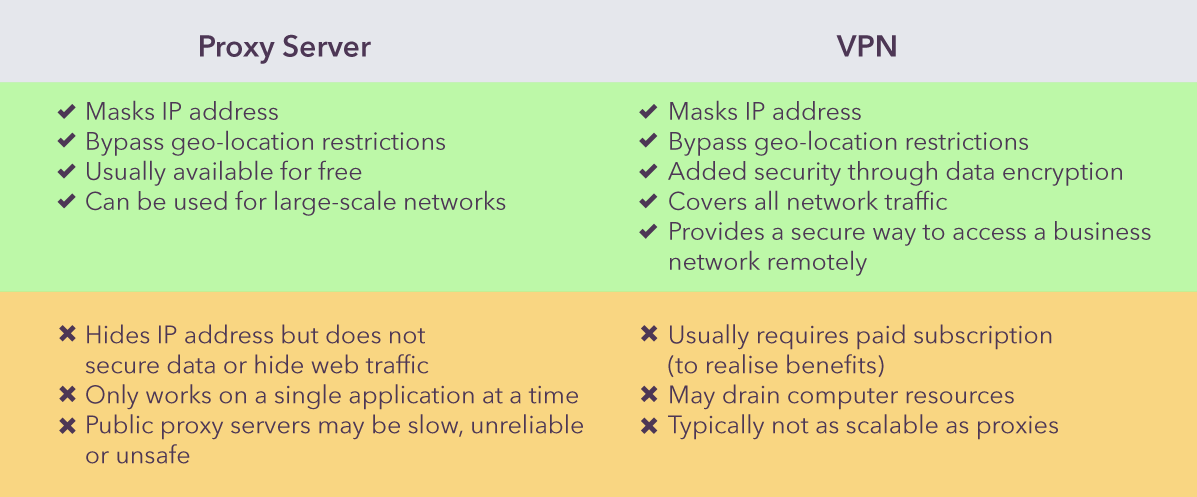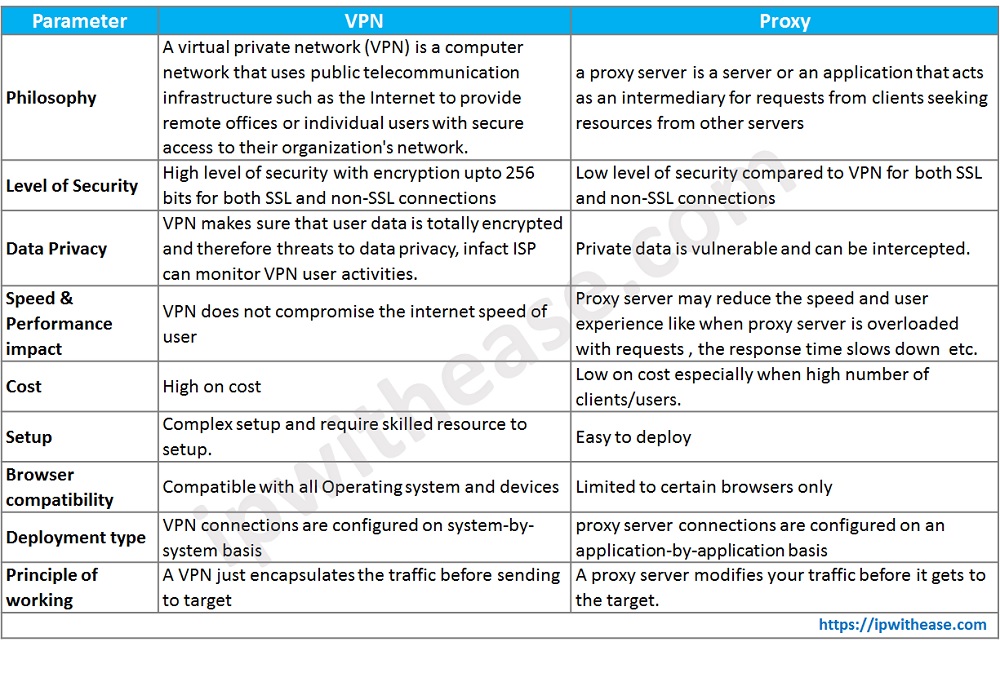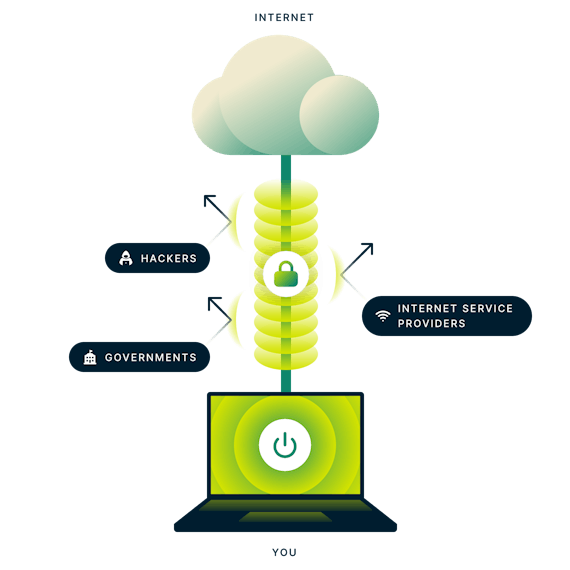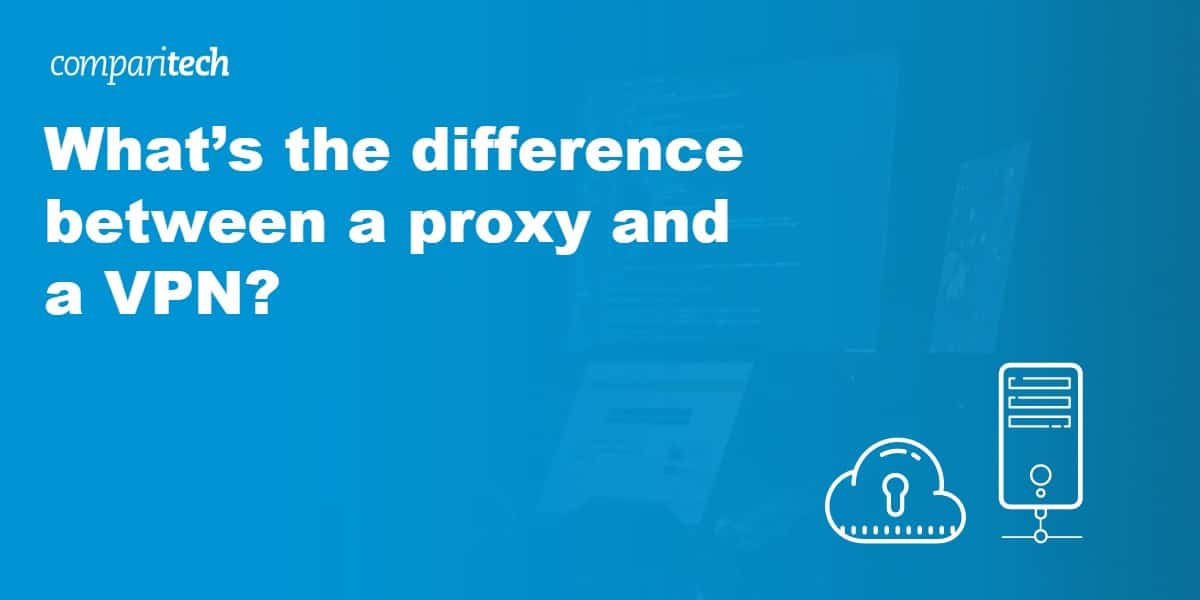Featured
Table of Contents
Proxy Vs Vpn: Differences And Similarities - Explained
SOCKS5 is not the like a VPN. Rather, SOCKS5 is a kind of proxy server that's usually utilized for online video gaming, sharing files or video chatting on a single site or app. VPNs, on the other hand, secure all web activity throughout all sites and apps.
For this factor, some users pay for a private proxy server which limits the variety of users that access it, accelerating your connections. Proxies are also vulnerable to security exploits: they can be open to attack, permitting the bad men to infiltrate networks or steal personal information. Some proxies can still track (and shop) your browsing habits, as well as tape-recording usernames and passwords rendering that pledge of anonymity null.
VPNs use a local client to develop the connection to the VPN server, so any local CPU or memory concerns will decrease the connections. VPNs are normally more pricey to utilize (and keep) than a proxy server, and they are often more complicated to handle. Similar to proxy servers, VPNs can't guarantee anonymity while browsing.
A VPN just ensures an end-to-end encrypted connection if you use the HTTPS protocol when you go to a new web address. Your information will be secured to the VPN, but from that point on, it could be unencrypted to the web server. For some sites, this may be unimportant: an information-only webpage without any login or payment options for example, but for any sites that need a login or online payments or any sensitive information ensure the site is enabled to use HTTPS.
Vpn Vs Proxy Vs Tor: What Are The Differences?
The greatest argument to utilize a VPN rather of a proxy is the total file encryption for all traffic you get with the VPN. Dollar for dollar, a VPN is more protected than a similarly priced proxy. VPN suppliers preserve their own networks and you use their IP addresses for your connections.
Privacy and security matter nowadays, no matter if it's your business data or your own individual information you require to protect. Make certain you're investing time and cash into the correct tools for your security goals: both proxies and VPNs add an additional layer of security and privacy to your information.

If your issues are more around "what websites are my users hitting," a proxy server is a much better tool. To get the most bang for the buck (and to secure your information as a security-aware resident), register for a well-regarded VPN service. For the a lot of part, VPN services enable you to utilize servers in various areas to work around content constraints.

If you're concerned about your personal privacy when utilizing the web, you might have thought about utilizing either a VPN or a proxy server. Both increase the security of your web connection, but how exactly do they work, and how do they vary? If you are wanting to enhance your online personal privacy, it is very important to understand the difference in between VPNs and proxy servers to make certain you're selecting the right tool for the job.
How Does A Vpn Work?
Generally, when web surfing, your computer system links to a site directly and starts downloading pages for you to check out. When you utilize a proxy server, your computer system sends out all web traffic to the proxy.
VPNs work on the operating system level. As an outcome, your Web Service Service Provider (ISP) can't see what you're doing online just that you're connected to a VPN server.


While speeds vary from supplier to service provider, VPNs are generally the quicker alternative. It isn't an excellent concept to use a totally free VPN service given that they are restricted in what they can use and tend to mine your information. As an outcome, users tend to go with paid-for VPNs, which supply greater information file encryption and are more secure.
This indicates that, in general, VPNs tend to be the more costly option. VPNs work on the os level and reroute all your traffic through a VPN server, while proxies work on the application level and only reroute the traffic of a specific app or web browser. This suggests that VPNs secure all web activity, no matter website or app, while proxy servers only hide one website or app at a time.
Vpn Vs. Proxy: What's The Difference?
Proxy servers aren't just utilized to unlock certain sites. They can also be used for the opposite purpose. For example, specific organizations business, schools, or libraries or maybe parents may wish to set up a transparent proxy to obstruct or filter users' content when using the internet. You might have used a transparent proxy without recognizing it.
Table of Contents
Latest Posts
Best Vpn Services Of 2023 - Four Industry Leaders To ...
The 6 Best Vpn Stocks To Buy Right Now For August 2023
Best Vpn For Mobile 2023: Staying Safe On Android And Ios
More
Latest Posts
Best Vpn Services Of 2023 - Four Industry Leaders To ...
The 6 Best Vpn Stocks To Buy Right Now For August 2023
Best Vpn For Mobile 2023: Staying Safe On Android And Ios